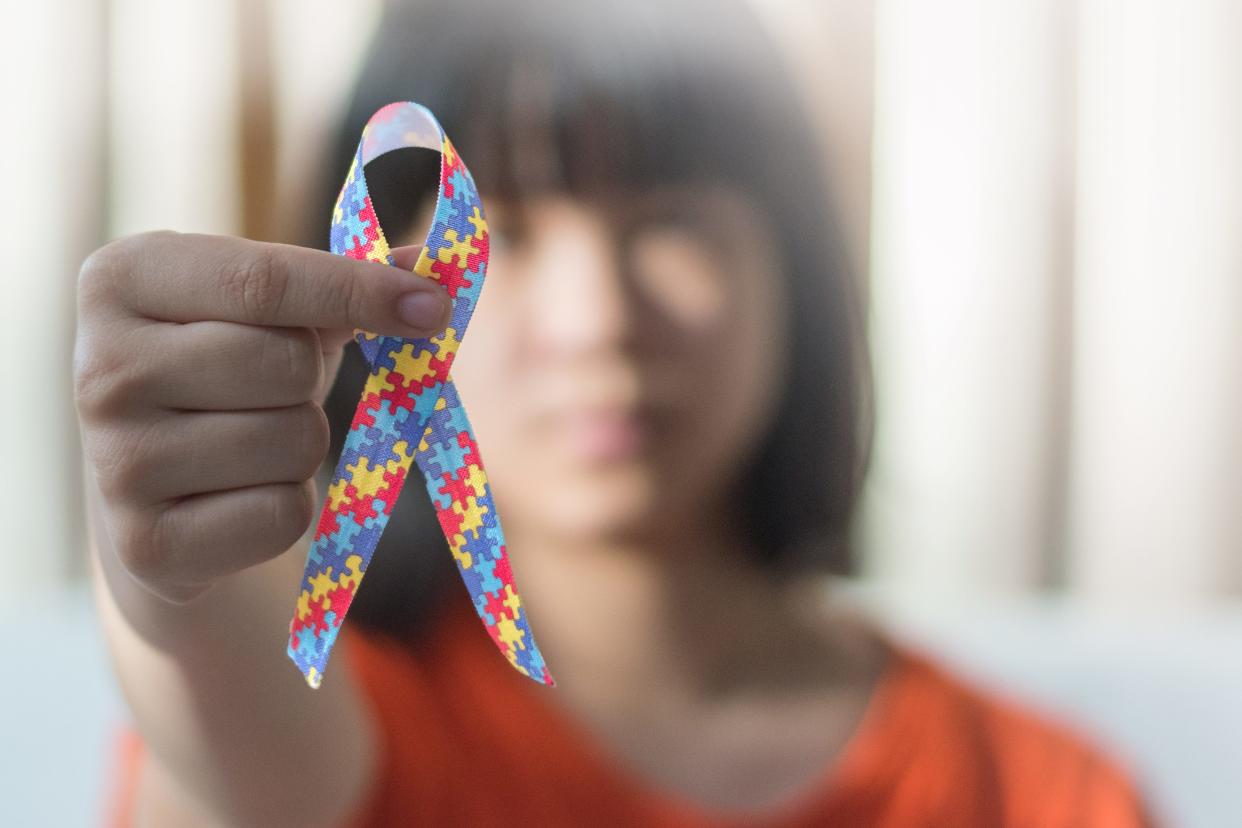Pediatrics in Brevard: Do you have Autism concerns with your child? Here's what to know

Autism Spectrum Disorder is a neurodevelopmental disorder affecting 1 in every 44 individuals.
It can impact how those individuals on the spectrum interact with and experience the world around them.
These children may have difficulties with speaking and learning the meanings of words, making and keeping friends, and dealing with changes outside of their routines.
With April being Autism Awareness Month and April 2 being World Autism Day, we wanted to go over what parents should be looking for, when to discuss further with their pediatrician, and what support for those diagnosed can look like.
Previous Pediatrics in Brevard columns:
Eat right: Proper nutrition important for kids from birth to high school graduation
Screen time: Now is the time to set device parameters as kids return to school
Does your child have ADHD? Here's how to tell and how to help them

By definition, Autism Spectrum Disorder is characterized by difficulties with social interaction and communication as well as restricted and repetitive behaviors.
If as a parent you have concerns about how your child communicates, plays, learns or acts, this should be shared with your child's physician as soon as possible.
Delays in speech milestones or variation in social interaction compared to other children in the same age group may indicate a potential concern for Autism.
Staying up to date on wellness visits with your pediatrician where milestones are assessed is one of the most important ways to monitor for not only Autism, but a host of other conditions.
Pediatricians perform many different screens during these visits, including an Autism screen called the "MCHAT" (Modified Checklist for Autism in Toddlers) where parents are asked to answer questions about their children's behaviors.
Based on the responses, it may indicate need for further discussion or an evaluation by a psychologist, developmental/behavioral pediatrician or other developmental specialist. If a diagnosis of Autism is made, support should be tailored to the individual child.
Most important is getting the child involved in early intervention services to help them progress in their developmental milestones.
Your pediatrician may refer out to either Early Steps or direct you to their local school system for evaluation depending on their age.
Your child may also be referred for Applied Behavioral Analysis (ABA) therapy.
This consists of focused techniques with a trained therapist to address the unique needs of each child.
It can involve teaching important life skills, working on decreasing problematic behaviors and improving communication and language skills.
Any concerns about how your child is behaving or progressing should be discussed with your pediatrician to ensure the proper treatment plan. What Autism Spectrum Disorder looks like can vary from child to child.
A diagnosis does not mean your child will not be successful. Rather, it means what their journey looks like to move forward may be different from what is expected. But it will be a wonderful and exciting journey regardless.
Dr. Shannen McGinley-Vallee is a doctor of Osteopathic Medicine for Pediatrics in Brevard's Viera and Cocoa Beach offices.
This article originally appeared on Florida Today: April is Autism Awareness Month. Here's what you should know

